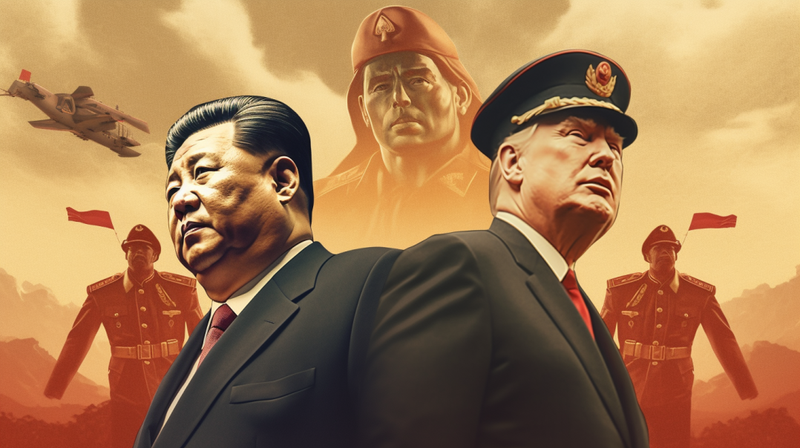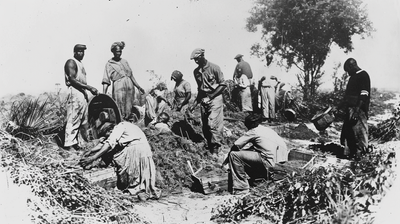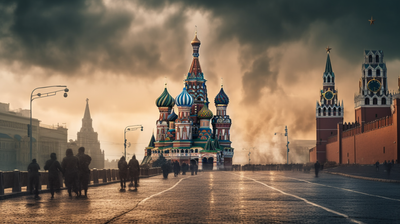The End of Grand Strategy or Why it's Fine to Do Business with Dictators
The US spent most of the 20th century “making the world safe for democracy.” During the years after World War II, as the United States reluctantly took on a global policy role, the focus was on encouraging freedom and democracy and resisting oppression. But now, this strategy is tired, worn out, and simply ineffective. It’s time to work with the planet we have, not the one we wish we had. The idea of spreading democracy is undoubtedly an excellent idea. Democracy, freedom, and liberal values are perfect ways to live, but the reality is that not every country is going to adopt these values. Unlike communist containment, the West cannot afford to isolate those regimes that it doesn’t like.
Isolation doesn’t encourage change
During the Cold War, “containment” became a primary doctrine for the US and its allies. The idea was that if communism could be contained to where it already existed, the spread of communism could be stopped. This led to wars in Korea, Vietnam, and more minor conflicts throughout Eastern Europe and Central Asia. President Nixon decided to open relations with China in 1971 and laid the groundwork for market liberalization and positive relations between the US and China. Once the Soviet Union dissolved in 1991, most communist regimes fell alongside the Soviet Union. A few remained, and the US often began engaging with these regimes. Isolation did not encourage any regime to change. The US has been isolating Cuba for decades and has not resulted in regime change on the Caribbean island. The US enjoys trade with Vietnam and China. Ultimately, engagement with these regimes was more effective than isolating them forever.
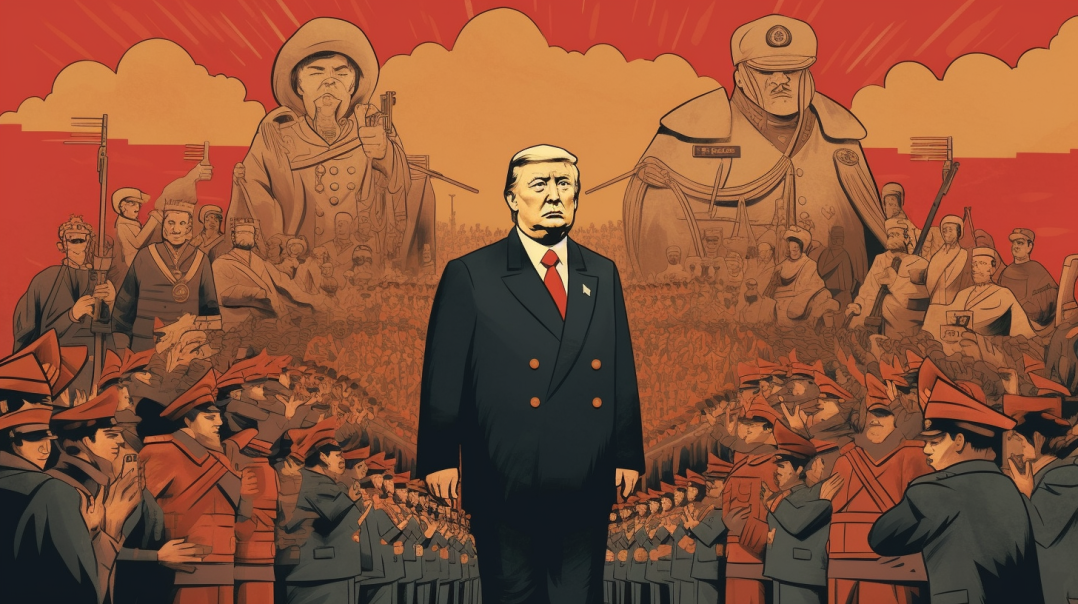
Isolation rarely works
Cuba is an excellent example of how isolation rarely works. This has also been true for other countries like Syria and Lebanon. The gold star example is the containment strategy of communism. But history recalls that didn’t even work. During containment, communism spread to China, North Korea, Vietnam, and Cuba. Two wars and a major international crisis didn’t remove communism from any of those countries. How could the Cold War have been different if the US had chosen an engagement strategy with communist countries? If perestroika or other policies had been tried sooner, the Cold War could have had a different tenor.
China is an excellent example of this. Rather than isolate China, the US has chosen engagement, and although there have been dire economic effects, the Sino-American relationship has undoubtedly benefitted from the engagement strategy.
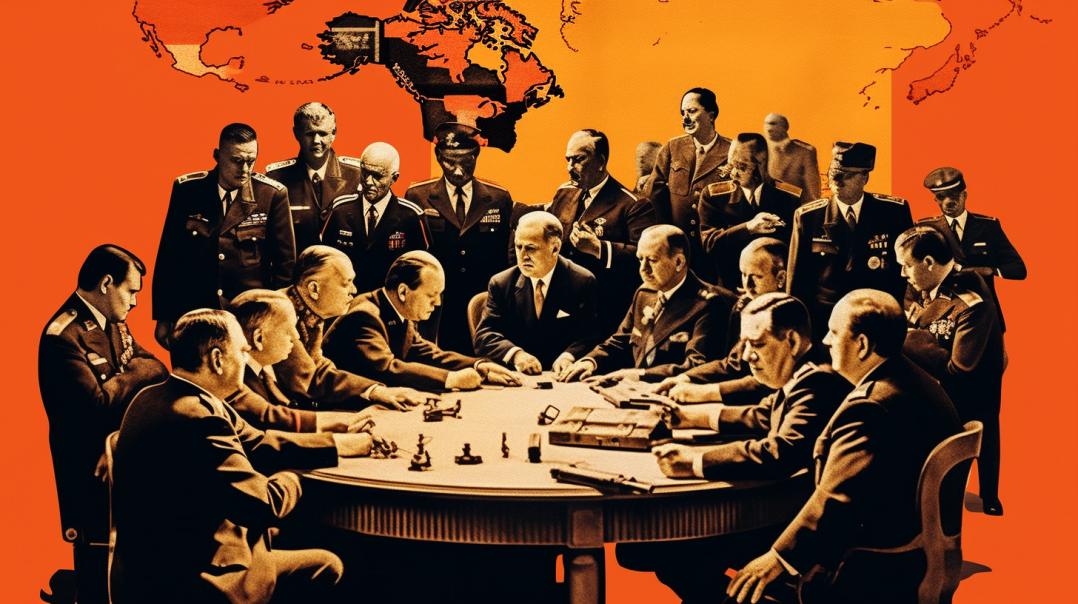
Isolation limits foreign policy options
Isolating countries limit foreign policy options. Engagement with Iran produced some beneficial results. Although the Trump administration did some rather tragic things to Iran’s Nuclear Deal, that was an opportunity to welcome Iran back into the fold of the family of nations (to use the parlance). Further engagement could yield a new relationship between Tehran and the United States. Not much can be done when there is no conversation between the US and other nations. There is little leverage and little chance for an improvement of relations. We might not like how things work in North Korea, but relations with the hermit kingdom could be crucial to stability on the peninsula. As South Korea and North Korea work to reunify or have closer relations possibly, the US could take a page out of the Trump notebook and further this engagement. The US needs options in an increasingly complicated world. Isolation doesn’t work.
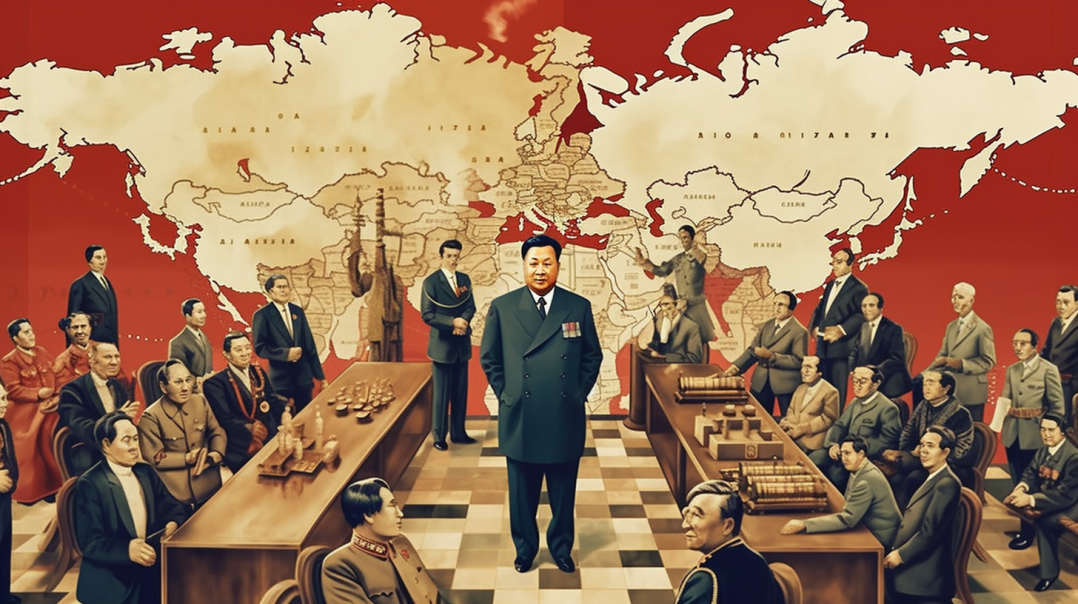
Final Thoughts
Overall, The US needs to leave behind its strategies of isolation and containment and engage with regimes worldwide rather than picking and choosing. If the US can engage, it can influence. If it can affect, then it can increase its opportunities worldwide. Rather than enforcing a democratic idea, the US should leave grand strategy behind and choose to work with all nations regardless of their government type. While activists might criticize the US for working with these nations, there are far more options and opportunities with engagement than in isolation.
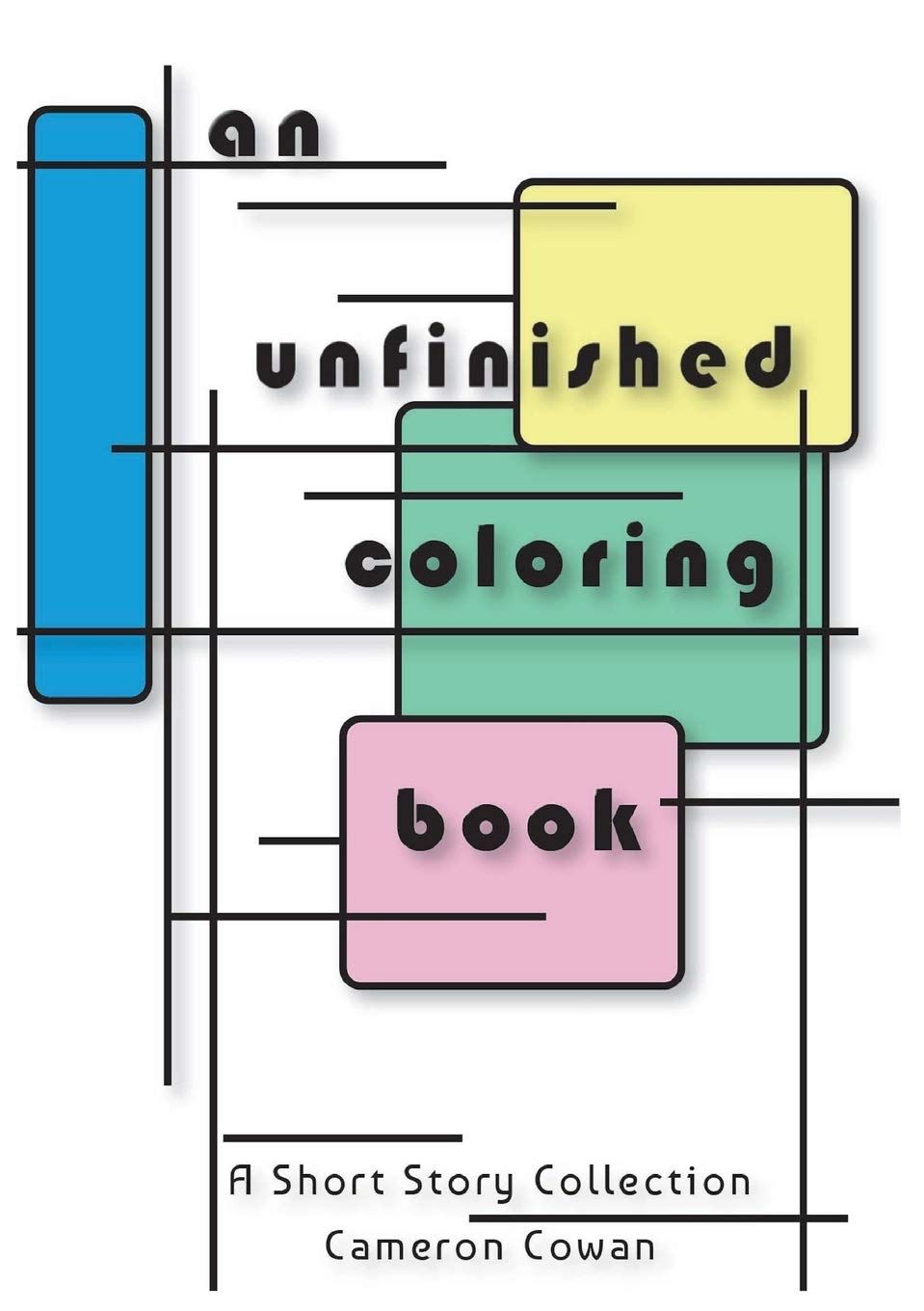
An unfinished coloring book (A Short Story Collection) by Cameron Cowan
an unfinished coloring book is a collection of short stories from Cameron Cowan. These short stories explore dramatic moments in the lives of everyday people. The collection also features the exclusive release of The RKO Killer: An I.G. Farben Mystery.
The collection includes:
The Diner
What happens to the employees of a diner that are being torn down to make way for a new interstate? This is their last night in The Diner.
The Swedish Connection
Two artists, one relationship failing, and a really bad bottle of alcohol. Two men talk about their lives, their hurts, and their problems over one really bad bottle of vodka that they can't stop drinking.
The Kingdom of Nordstrom
The world has ended and the air had gone sour. One drifter finds a colony of people surviving in a derelict mall in Tacoma. Will he stay in this new kingdom or will he continue to wander the highways?
America Discount World
Set in the near future, America's cultural heritage is on sale to the highest bidder. Dale has made a life selling off America's cultural heritage and when a soon-to-be-divorced reporter comes to interview him about it; a new relationship just may form.
The Classy Drug Dealer
Andrej leads a quiet life running his dry cleaning and laundrette. However, it is only a front for his real business. When the consequences of his actions walk through the door one night, Andrej is forced to sacrifice everything, even his own life.
Beverly Gardens
Set amid the California housing crisis, 4 tenants in an aging building try to figure out how to survive in a world that is trying to kill poor people and preventing them from surviving and living.
Windswept Wastes
The cold war is on and America is building its nuclear arsenal. Set in the years at the end of Vietnam, one man gets a job making nuclear triggers at a Colorado plant. This is his story.
Sanctuary
What is a teenager is a bland suburb supposed to do on the weekends? In this story, two boys find a great place to party and we learn about the secret and seedy underworld of the American suburb.
The Ticket
Topher has just a few hours to get to the lottery office in Olympia, WA to turn in a lottery ticket that will change his life. There's only one problem: he has no way to get there. Will he make it? Can he get the money in time?
The RKO Killer
In this collection exclusive, Isaac Farben is hired by KYW radio in Chicago during the roaring 1920s to find a criminal who is making headlines for an exclusive radio interview. Farben travels with his trusty assistants Mr. and Mrs. Rustin and Anna Fowler to southern Illinois to find this man and bring him back to the radio station.

